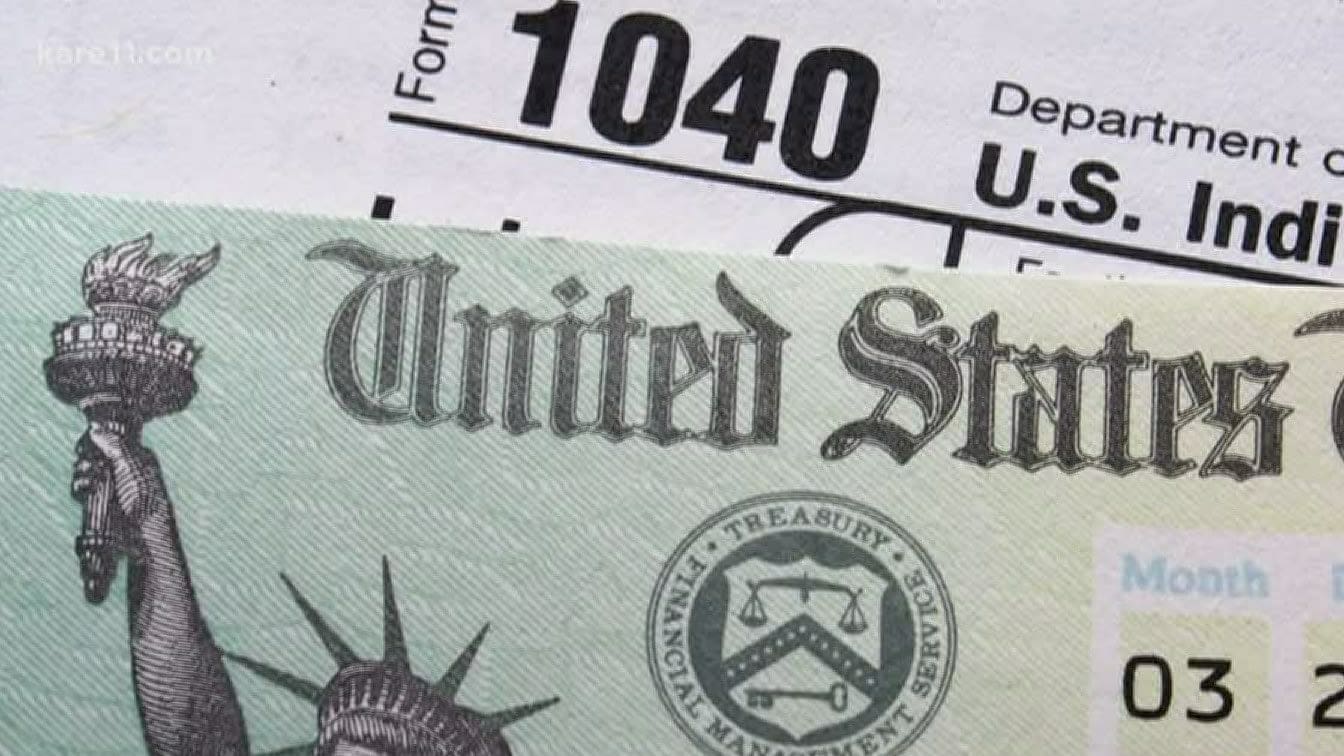Even as the incoming President, Joe Biden, signed the bill to approve the $1.9 trillion COVID-19 package, the support went completely along party lines. All but two Democrats voted in favor of the bill in the House of Representatives. Even in the Senate no Congressional Republican voted in favor of the Biden Economic Rescue Plan.
The pattern of voting reflected the widening gulf between the ruling Democrats and the Republicans. In the final tally, not a single Republican in either chamber of Congress voted for Biden’s $1.9 trillion stimulus package that included the third stimulus check. There was a host of other measures to support state governments, local bodies, businesses, educational institutions, and other bodies.
The house voted 220-211 to approve the relief legislation in the mostly party-line pattern of voting. Only one Democrat defected, Maine Representative Jared Golden.
Republicans Had Then Targeted Third Stimulus Check As Being Partisan And Replete With Spending Without A Target
Republicans went against the plan full blast and dismissed it as a partisan wishlist that was full of spending lists without a definite target. House Minority Leader Kevin McCarthy declared that it was not a relief bill but a rescue bill. He dismissed it as being a laundry list of Left-wing priorities that had nothing to do with the pandemic and had no benefits for the affected American families.

The bill had a torturous path through both the House and the Senate and illustrated the chasm between the Democrats and the Republicans in Congress just a year into the pandemic. After 6 spending bills that totaled a sum of more than $5 trillion, the trajectory of the economy. finally took an upward trend. But the number of jobs was 10 million less than what it was at the onset of the pandemic.
The American Rescue Plan Act was pushed through the Senate with the employment of a maneuver known as budget reconciliation. This step allowed bills to get the approval of the Senate with a simple majority of 51 votes against the usual 60.
The Republicans Were Completely Polarized And Refused To Side With Biden On The Third Stimulus Check
The Republicans found themselves isolated from the legislative process during the passage of the American Rescue Plan Act. A counter offer by a group of 10 Republicans was rejected by the President as he felt that the offer of $608 billion was drastically small, and the plan went nowhere.
But the rabid opposition to the plan did not prevent the Republicans from shamelessly taking credit for the series of COVID-19 relief that they had rejected under the rescue plan put forth by President Biden.
But the plan had strong support from Republican voters who totally supported the measure. The bill cut child poverty in half and was liked by a majority of Americans cutting across party lines. Party Congressmen supported the measures in secret but publicly denounced the bill as having juiced the economy that was already ravaged by the prolonged pandemic.
Many Republicans took credit for the measures and said that the plan was primarily a Republican move. One example of such unhinged behavior came from Representative Maria Elvira Salazar of Florida who commended herself over a decision made by Biden. She took credit for the extension of the deferment periods for the pandemic Economic Injury Disaster Loans.
She even tweeted that she was proud to reveal that the Biden administration was actually implementing her COVID-19 relief bill. She added that she was elated that her bipartisan legislation officially became SBA policy. But it was separate from the Rescue Bill.
Republican Gov. Come Up With Stimulus Checks Despite Opposing In Public
Thousands of families in Florida ruled by the Republicans will receive a one-off stimulus check of $450 for each child. This was announced by Governor DeSantis who has set aside a $35.5 fund from COVID-19 relief for the payments.
The stimulus check is aimed at offsetting the cost of record inflation that has hit America. Thousands of Florida families in the low-income category will receive the stimulus checks that will give certain relief from inflation for families with children.
The one-off payment will help parents prepare their children to return to school, according to Laura Walthall of the state Dept. of Children and Families.
The fund of $35.5M has been taken from the $1B that the state received from the American Rescue Plan Act signed by President Biden in March 2021. This was revealed in an announcement from the First Lady of Florida, Casey DeSantis.
Other than parents, foster parents, both relatives and non-relatives of caregivers, and families receiving funds from the Florida Temporary Assistance for Needy initiative and the Guardianship Assistance Program will get the stimulus checks, according to Walthall.
The Dept. of children and families in Florida have revealed that they expect close to 59,000 families to avail stimulus checks. Like other pandemic relief measures, there is no requirement for an application for the $450 fund.
Florida is not alone in resorting to tax rebates even as the rising inflation threatens to engulf low and moderate-income families in America. Over a dozen states, including California, are giving out identical checks which are not called stimulus checks but are referred to as inflation relief measures.


California has called these payments incoming checks in the form of a one-off middle-class tax refund that will give out between $200 and $1,050 to around 23 million filers in the state. The amount will vary according to income. The funds to support the California stimulus check are part of the state budget that Gov. Gavin Newsom approved along with the state’s Democratic Congressmen.
But the question arises in both the states, one controlled by the Democrats and the other by the Republican DeSantis whether the stimulus check worsens the inflation figures or works to hasten an end to the suffering of Americans across the country. Will pumping more money into the economy hasten the inflation rise or at its best slow down the recovery of the economy?
While it appears politically attractive to offer direct relief to families struggling to meet even the basic expenses, economic experts have voiced concern about giving any more of such aid given the precarious nature of the economy.






